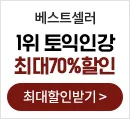영자신문읽기[고급] 신문 속 다양한 세상 이야기를 이제 영어로 만나보세요!
Korea leads in sleep debt in addition to household debt
2022-08-11
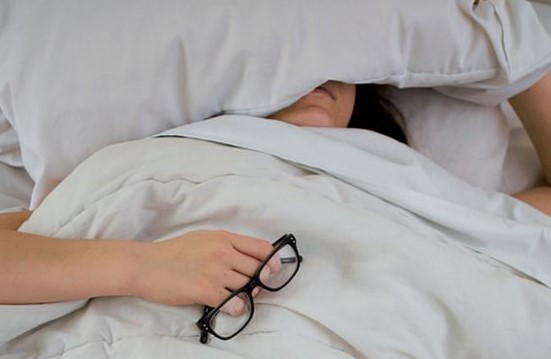
Retailers in Korea are introducing various sleep aids as the country becomes one of the most sleep-deprived in the world.
The domestic market for sleep aids rapidly grew from 480 billion won ($368 million) to 3 trillion won in just a decade, according to the Korea Sleep Industry Association.
Sales of sleep-related products sold at Market Kurly increased by 7.5 times in the first half, while sales of bedding rose 3.3 times on year in July, according to the online marketplace.
Other sleep helpers, such as fragrance mists for pillows, aroma oil and sleep masks, are also some items frequently bought by purchasers.
The trend was evident at other online retailers. Sales of blankets and mattress toppers surged 152 percent and those of mood lighting rose 48 percent on year in July on Gmarket.
To cater to rising demand, SSG.com has recently hosted a discount promotion on bedding, blackout curtains, lighting and incenses.
Sleep deprivation has been a problem in the country for many years.
The average hours of sleep Koreans get is 7 hours and 41 minutes, according to the Organization for Economic Co-operation and Development (OECD)’s data in 2016. This is 41 minutes less than the OECD average of 8 hours and 22 minutes.
Korea also had the largest sleep debt, according to the Sealy Sleep Census report based on 2016 data.
Sleep debt refers to the difference between the amount of sleep someone needs and the amount they actually sleep. The average sleep deficit of Korean women is approximately 15 days and that of men is 18.5 days. The study was conducted on 11,381 people in Korea, Australia, China, Britain and South Africa.
The country was No. 2 behind China for the highest number of people suffering from insomnia.
According to the National Health Insurance Service, the number of sleep disorder patients rose by 8.1 percent on average a year, from 420,000 in 2015 to 720,000 in 2021. Since 2018, fees for polysomnography, a sleep test that diagnoses sleep disorders, have been included in the healthcare reimbursement plan.
The Covid-19 pandemic has also affected the recent surge in sleep disorder patients.
“More people suffered from depression as people spent less time outdoors and suffered from a higher level of life stress,” said Han Jin-kyu, director at the Seoul Sleep Center. “Also, with more than 20 million people who suffered from the respiratory disease, respiratory systems that affect people’s sleep would have been affected.”
The sleep aid market is further expanding.
By applying technologies such as the internet of things (IoT) and big data, some products analyze sleeping patterns of a person. Wireless earphones, smart pillows and sleep lights that analyze an individual’s sleeping pattern are some examples.
With the market expanding, CES has also been operating a separate sleep-tech section since 2017.
“Just one hour of sleep deprivation reduces the productivity of your brain by 30 percent,” said Director Han.
“If we convert the sleep debt of Koreans into an economic value, it will be trillions of won every year. This is how much potential the sleep aids industry has.”

| 번호 | 기사목록 | 날짜 | 조회수 |
|---|---|---|---|
| 60 |
 |
2024-04-27 | 993 |
| 59 |
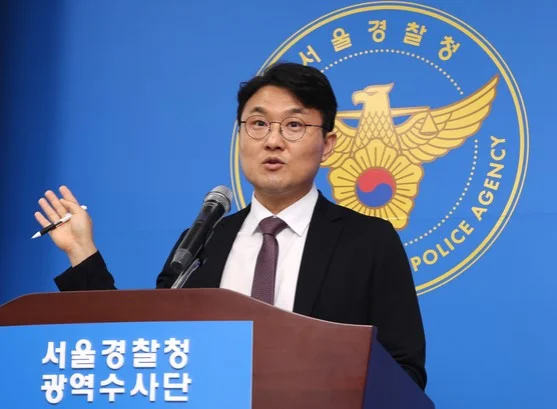 |
2024-04-26 | 4305 |
| 58 |
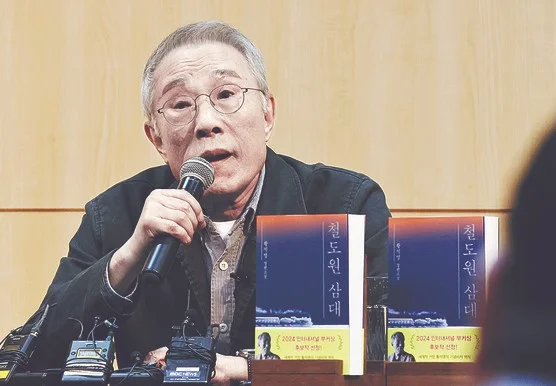 |
2024-04-25 | 4187 |
| 57 |
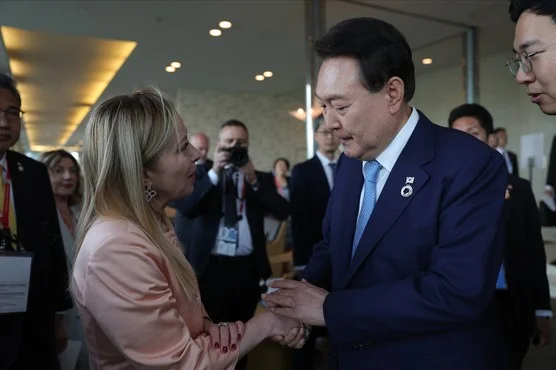 |
2024-04-24 | 4394 |
| 56 |
 |
2024-04-23 | 4360 |
| 55 |
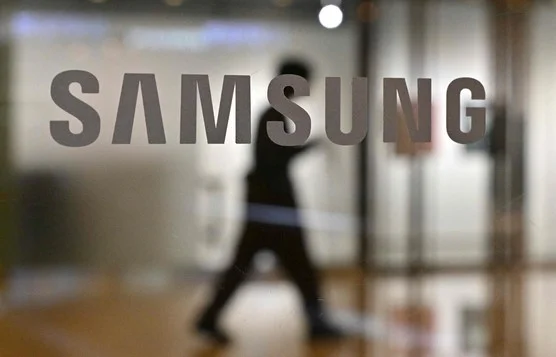 |
2024-04-22 | 4261 |
| 54 |
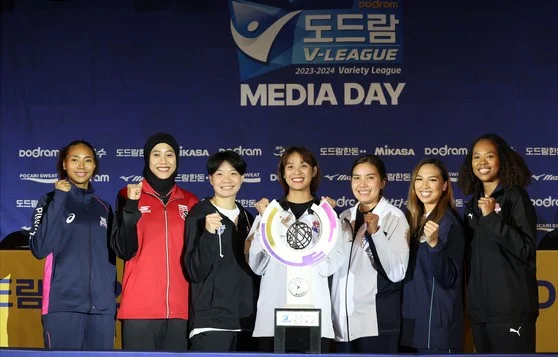 |
2024-04-21 | 4309 |
| 53 |
 |
2024-04-20 | 4210 |


















